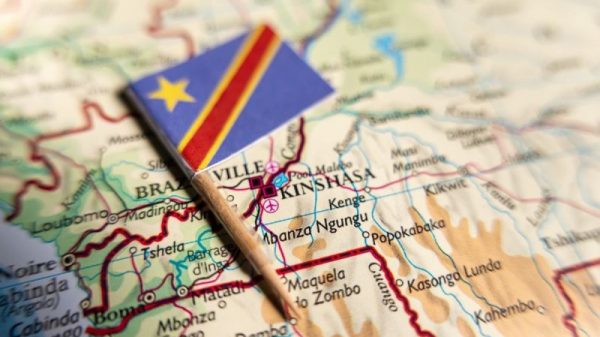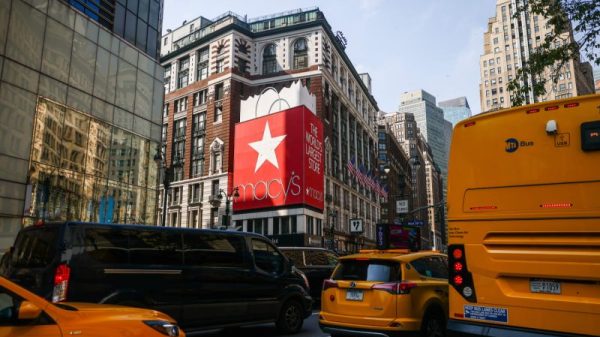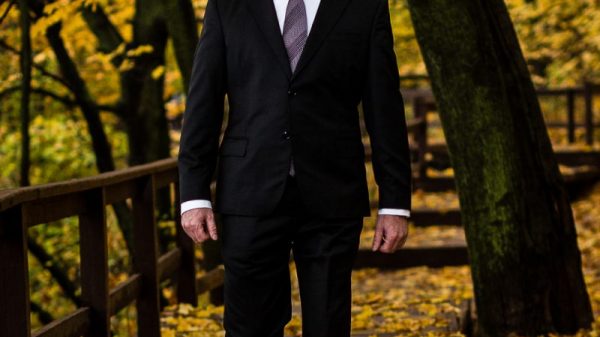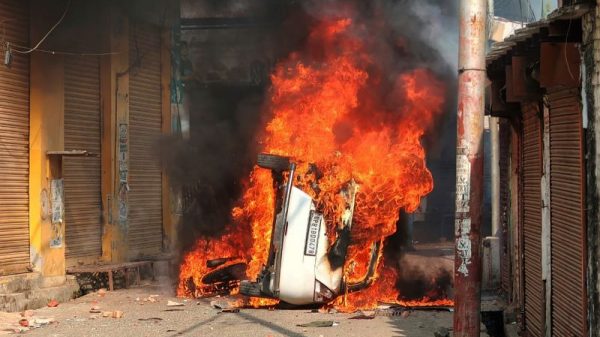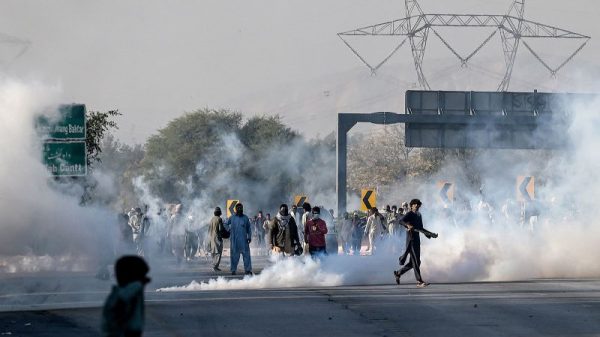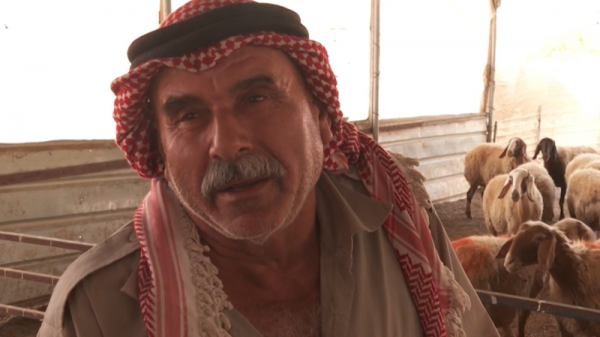At the port of Igarapé da Fortaleza, in the far north of Brazil, dock workers unload large orange-red sacks from small wooden boats. Small dark berries scatter around the dock, staining everything purple and making the pavement slippery. After being washed, processed, and blended, each sack will make about five gallons of açaí pulp that will go into bowls, smoothies, and freeze-dried supplements.
In Spring, when most fruit is not yet ripe, each 130-pound sack is being sold to wholesalers for about $80, more than double the price it sells for when it is in season. Buyers may or may not know that the superfood they are purchasing to sell to multinationals may have been picked by children — no one is checking.
Eighty dollars would be a fortune for harvesters to take home, but they still need to pay the “crossers,” who provide boat transportation from nearby villages to the jungle and back, and the landowners whose trees they harvested. It has not always been this way. Growing demand has transformed what was once a mostly local industry into an international operation that puts pressure on communities that have, for decades, depended on the fruit for economic survival and their own subsistence.
In 2012, the state of Pará, which produces more than 90% of Brazil’s açaí, exported 39 tons of the fruit; in 2022, 8,158 tons were exported generating over $26 million in revenue, according to industry data. As a result, children are being sent on dangerous journeys to harvest the fruit, climbing trees as tall as 70 feet without harnesses, and exposing themselves to the perils of the swamps of the rainforest, including venomous snakes, scorpions, and jaguars.
Picking berries to help feed his family
Lucas walked through the jungle using a machete as big as his arm to slice large leaves and branches. As he cleared the path, he looked up as much as he looked ahead, scanning each palm tree in the canopy. “Here, this one’s got some,” Lucas said, dropping his tarp bag.
He tucked his machete into the waist of his shorts, and with a single jump wrapped his skinny legs around the trunk of a palm tree. He pulled himself up, scaling 20 feet up the palm before disappearing into the canopy. After some rustling, Lucas yelled, “It’s ripe!” The rustling increased, and leaves, sticks and tiny, rock-hard purple-black berries began to fall. Wengleston was pleased. “You got two!” Lucas slid down with two bunches of açaí, weighing about 10 pounds each. Lucas will do this dozens of times on a single day.
Wengleston, now 20 years old, dropped out of school when he was Lucas’ age to work full time. In these seven years, he’s developed serious back pain from carrying up to 200 pounds of açaí on his back daily. “One day I was lifting a sack and I felt that my back just ripped open,” Wengleston said. “Some days I can’t work because of all the pain, so I have to stay home.” He said he is afraid of losing more mobility soon, or ending up like other açaí harvesters who have developed back issues so severe they can no longer walk.
Policing hard-to-reach locations
Across the country, 1.9 million children between the ages of 5 and 17 were engaged in child labor in 2022, according to a December report from Brazil’s statistics bureau. Of those, at least 756,000 worked in what the International Labor Organization calls the worst forms of child labor, which includes “dangerous” conditions.
One of the biggest challenges when it comes to tackling this problem is that regions where child labor is most pervasive are the hardest ones to police, authorities say. “That’s why they’re called hard-to-reach locations, where you can only reach and get there with a lot of effort and overcoming all these obstacles,” said Allan Bruno, a prosecutor with Brazil’s Public Ministry of Labor.
Bruno said they have a special focus on the Marajó archipelago and the coastline of Amapá, where rural work is characterized mostly by buffalo breeding and açaí harvesting, and they investigate the use and recruitment of children for this type of work.
Bruno is part of a special joint task force of prosecutors, investigators, and federal police that investigates situations akin to slavery and raids properties to rescue workers and children.
Usually, Bruno said, the people being rescued are not aware that their rights are being infringed upon. “These are people who are inserted at the bottom of society, who did not have the right to education, did not have the right to health, and did not have the right to basic rights that could enable them to develop minimum employability. So, these are pockets of poverty that are the focus of recruitment by recruiters who seek cheap labor to exploit,” Bruno said.
He adds that the system is too slow, understaffed, and lacking the resources to inspect such a big swath of the country — and one that only now is starting to fix itself after years of not being a priority for the federal government: There are currently 900 openings waiting to be filled for labor inspectors.
For now, Lucas will continue to scale these towering trees, but authorities’ focus on his region offers hope for a future where children aren’t forced to risk their lives in dangerous labor to feed themselves and their families


